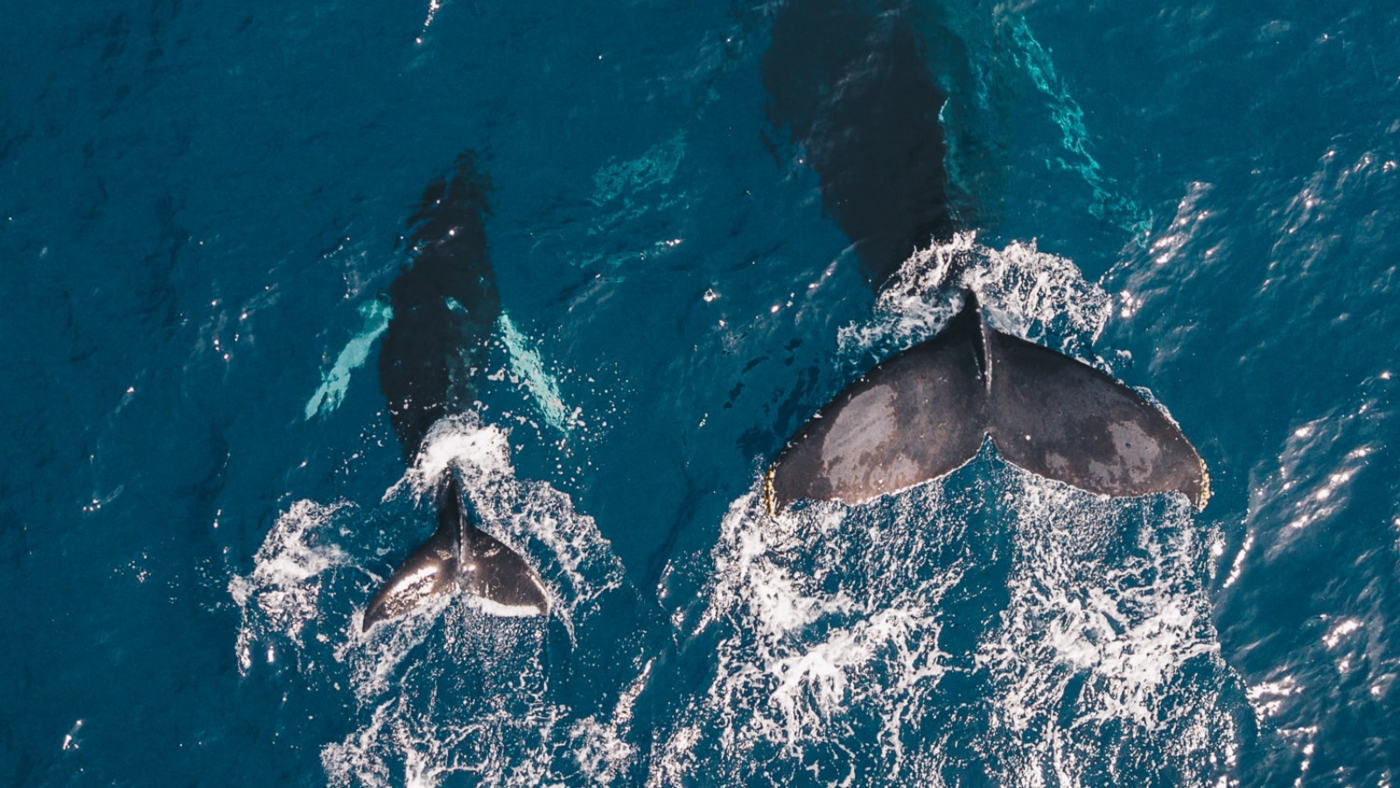The word ‘blue’ does not always refer to something sad. In the world of environmentalism, the last couple of weeks could not have been happier in their turning, metaphorically, blue. A few months into 2023, after COP15’s Kunming-Montreal Agreement formally recognised that “the livelihood of humankind is closely linked to that of natural ecosystems”, policymakers in the EU and worldwide presented three commitments to protect the world’s oceans. Let’s see what lies ahead.
February 21st: EU Action Plan to protect and restore marine ecosystems for sustainable and resilient fisheries. It is precisely on the basis of a strategy that benefits both marine ecosystems and EU fisheries that, essentially, the EU Action Plan proposes a four-fold reform of the Common Fisheries Policy:
- More selective fishing gear and practices;
- Protection and restoration of marine ecosystems;
- Support to the sector’s energy transition;
- Making the fishing profession more attractive.
Two of the tools that could ensure a smooth, fair and equitable transition in this regard are the extension of Marine Protected Areas (MPAs) and the restriction of bottom trawling. On one hand, MPAs are “geographically distinct areas dedicated to the conservation of marine ecosystems”, crucial in reducing or eliminating “the incidental catches of threatened species” resilient to climate change. The EU Action Plan is expected to contribute to the EU Biodiversity Strategy in the achievement of 30% EU MPAs by 2030, prior to reinforcing off-shore surveillance as suggested by Marevivo. On the other hand, according to the International Council for the Exploration of the Seas (ICES), bottom trawling is among the most damaging activities to Europe’s seabed. The elimination of this practice in new and existing MPAs by 2030 would allow fish stocks to recover by providing “nursery and spawning grounds for many species” and would contribute to climate regulation through the protection of ocean sediments, known as “major natural carbon sinks”.
March 2nd: Our Ocean Conference: EU announces €816.5 million worth of commitments to protect the ocean. In the framework of the Our Ocean conference held in Panama on 2-3 March 2023, the EU “confirmed its strong engagement” for “a secure, clean and sustainably managed ocean” through 39 commitments for action supported by €816.5 million funding – “one of the biggest amounts ever announced by the EU since the start of the Our Ocean conferences in 2014”. These efforts, which can be tracked here, aim to support Regional Fisheries Management Organisations (RFMOs), develop ocean research and monitoring, and put an end to Illegal Unreported and Unregulated (IUU) fishing. According to the Australian Marine Conservation Society (AMCS), not only does IUU fishing undermine “international efforts to prevent overfishing, habitat destruction, and bycatch of non-target fish species and other marine animals” but also it is associated with ethical concerns as related to poor labour standards and transnational crime. In this regard, the EU, known “as the largest trader of fishery and aquaculture products in the world in terms of value”, already joined the IUU Fishing Action Alliance and has been tackling IUU fishing with its IUU Regulation since 2010.
March 4th: Ocean biodiversity: global agreement on protection and sustainable use of resources and biodiversity in high seas. From “local” to “global” is becoming a reality. From the EU Action Plan to the global agreement reached to protect international waters, sealed by 190 nations in the UN High Seas Treaty. The latter will tackle climate change and biodiversity loss by placing 30% of the high seas into large-scale MPAs by 2030. The Treaty “will also require assessing the impact of economic activities on high seas biodiversity” and supporting developing countries participating in and implementing the Agreement.

